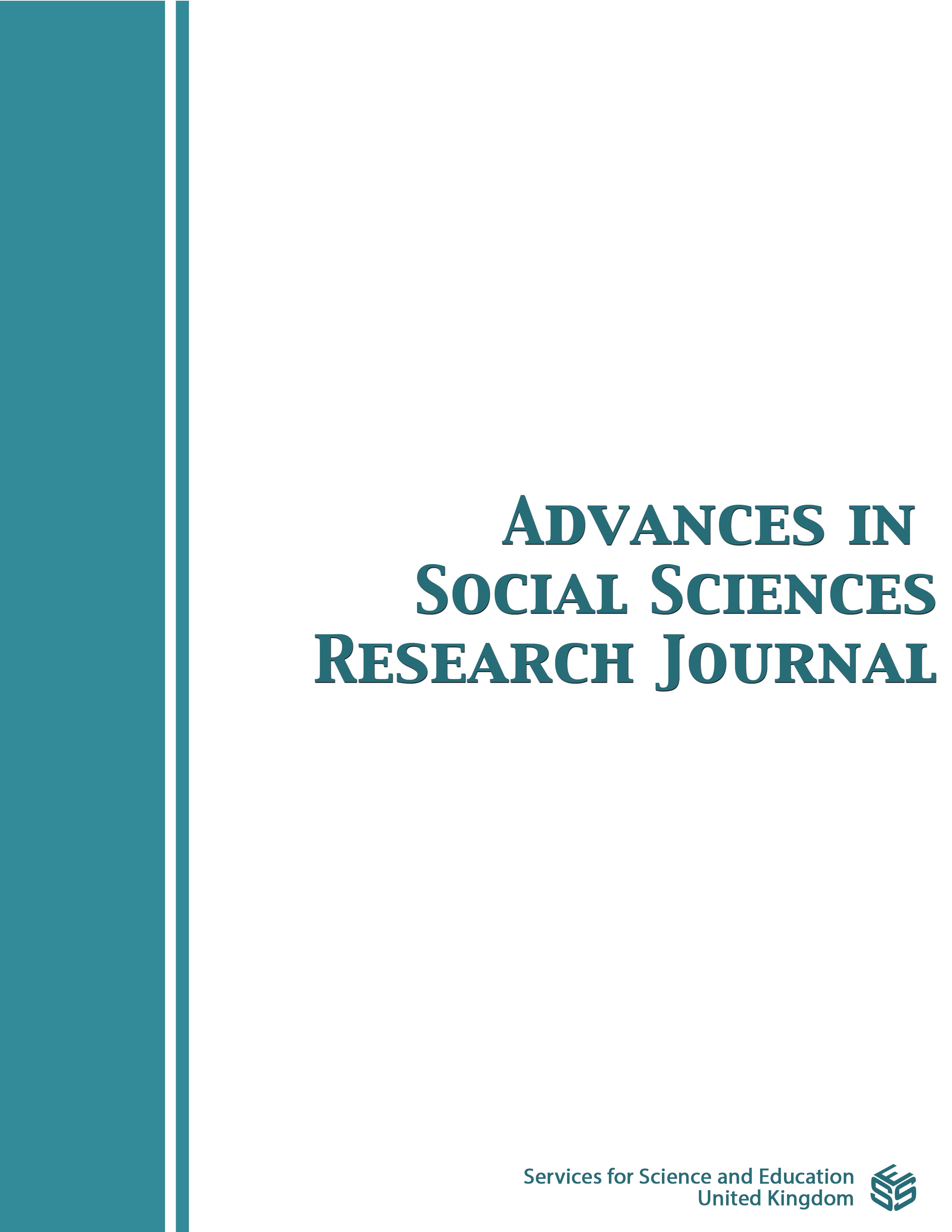Influence of Situational Leadership on Employees’ Commitment In A Non-Government Organisation (NGO) In Owerri
DOI:
https://doi.org/10.14738/assrj.106.14876Keywords:
situational leadership, employee commitment, non-governmental organisation, leadership behaviourAbstract
This study examined the influence of the Situational Leadership model on Employee Commitment in Youth Enhancement Organisation (YEO), a Non-Governmental Organisation in Owerri, Nigeria. The study evaluated the impact of the directive and supportive leadership Behaviours on Affective and Continuance Employee Commitment. Data were collected from 143 employees from the different departments of YEO using a structured questionnaire adopted and modified from previous studies. Multiple Regression Analysis for the data gave a significant impact between Directive Leadership Behaviour (β = 2.323, p<0.01), and Supportive Leadership Behaviour (β = 1.424, p<0.0) on Employee Commitment. It also shows a significant impact between Directive behaviour (β = 1.514, p<0.01) and affective commitment, Supportive Leadership Behaviour (β = 3.123, p<0.01) on Continuance Employee Commitment The findings of this study reveal that Situational Leadership of Directive and Supportive have a positive impact on Employee Commitment (affective and continuance) and are ideal in sustaining affective and continuance commitment in the Organisations. It is hoped that the study would convince the leadership of similar organisations to be proactive in embracing situational leadership styles, especially in dynamic environments and situations.
Downloads
Published
How to Cite
Issue
Section
License
Copyright (c) 2023 Chidinma Chukwuocha

This work is licensed under a Creative Commons Attribution 4.0 International License.
Authors wishing to include figures, tables, or text passages that have already been published elsewhere are required to obtain permission from the copyright owner(s) for both the print and online format and to include evidence that such permission has been granted when submitting their papers. Any material received without such evidence will be assumed to originate from the authors.






